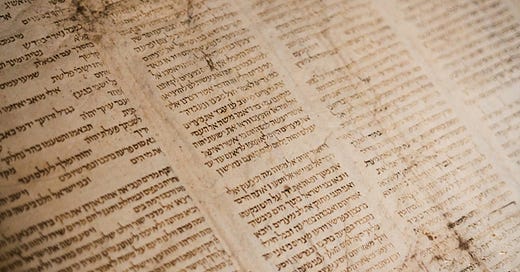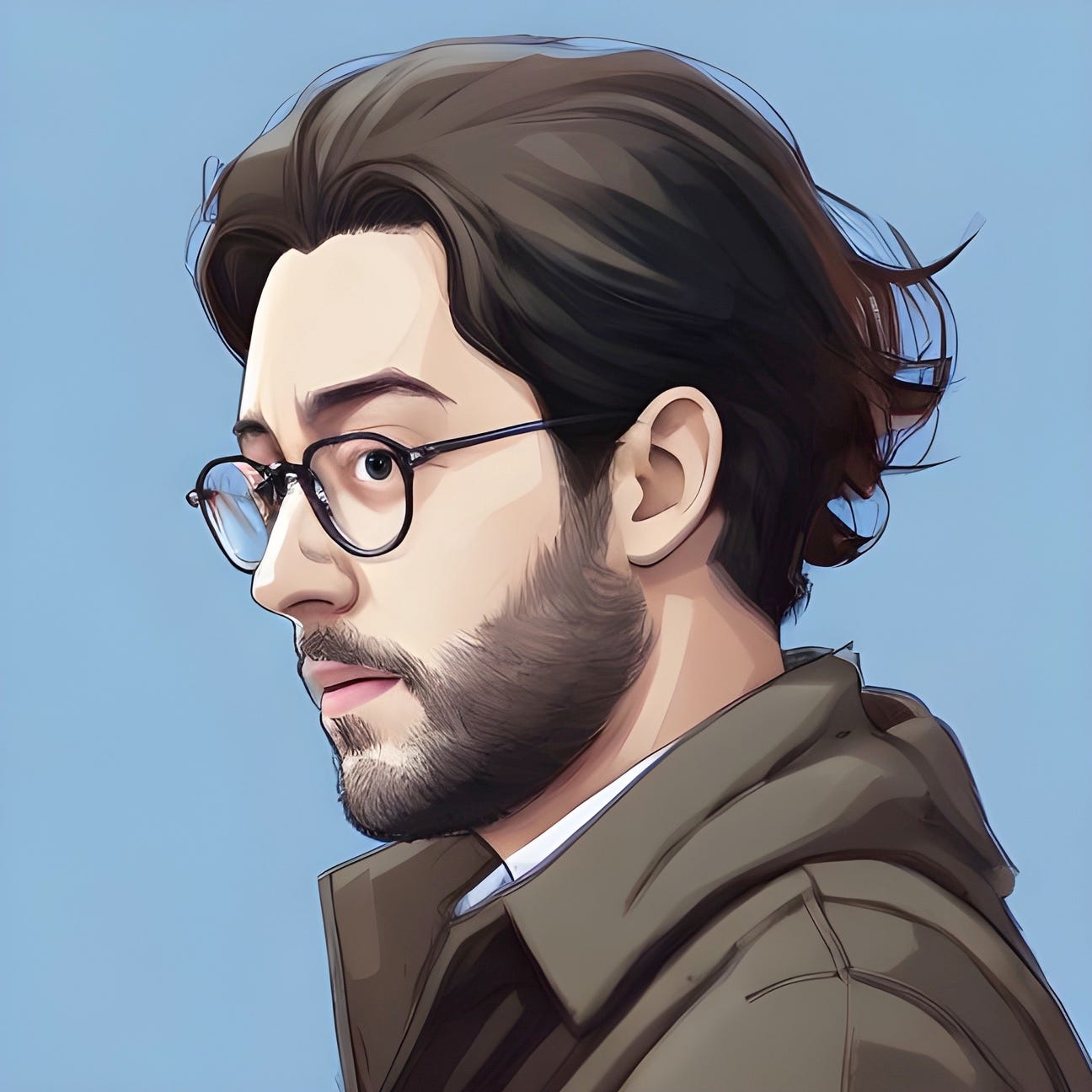As we approach Shavuot, the festival that celebrates the giving of the Torah (and my, without hesitation, favorite holiday), we are reminded of the profound partnership between the Divine and us humans in shaping our sacred texts, laws, and traditions. Rabbi Dr. Art Green, drawing on the Kedushat Levi’s commentary on Devarim Rabbah 3:13, teaches us that to celebrate Shavuot fully means recognizing the great power we have to shape the Torah in this world. We renew our commitment to the Covenant by thanking the Divine for this loving and awesome gift and recommitting ourselves to the great responsibility it implies—that of fashioning lives of teaching and service, knowing that our attempts are not always perfect.
The imagery of black fire and white fire from Devarim Rabbah 3:13 is particularly striking. According to the Kedushat Levi, the white fire includes all colors and alludes to the Divine, who is inclusive of all things and all people. The black fire, on the other hand, excludes all light and color, representing humans. When black and white fire come together, Torah is created. This suggests that Torah is not static; it is a living, breathing document shaped by our engagement and understanding.
This concept emphasizes that Torah is ours to shape through our partnership with the Divine. Our task is to engage with the Torah actively, bringing our full selves into the process and allowing our diverse experiences to inform our understanding and practice. Without this connection, Torah cannot be created, and the Divine cannot create Torah without us.
We believe that Torah (as in, all Jewish teaching) is not a static group of unchanging documents but a dynamic process, developed by humans in conjunction with the Divine over time. This process is progressive, unfolding through history as we continually engage with the text and apply its teachings to our ever-evolving contexts. The Divine inspires us to interpret, question, and expand the Torah, ensuring it remains relevant and inclusive for each generation. This partnership allows us to infuse Torah with our contemporary values and insights, creating a living document that reflects the diverse experiences and identities within our community.
For those of us who are neurodivergent, disabled, queer, or otherwise not heteronormative and neuronormative males, this means creating a Torah that affirms our experiences and identities. Historically, religious texts have been used to marginalize and exclude those who do not fit into normative categories. However, the idea that Torah is shaped by human engagement challenges us to reinterpret these texts in ways that are inclusive and affirming.
As an autistic rabbinical student and autistic autism advocate and activist, I strive to read Torah with an autistic lens. This approach allows us to uncover and challenge the ableism, sexism, and heteronormativity embedded in the text. By doing so, we can create interpretations that honor the inherent worth and dignity of all individuals, regardless of their neurodivergence, physical abilities, gender, or sexual orientation. This work can be considered Neurodivergent Torah (a term coined by my friend and colleague Rabbi Dr. Liz Shayne) because it analyzes Jewish figures, stories, and teachings in a way that gives rise to neurodivergent interpretations of Torah and Judaism. Neurodivergent Torah offers an understanding and meaning beyond mere awareness of diversity; it invites us to interpret characters, customs, laws, and narratives through a lens that highlights the struggles and strengths of neurodivergent experiences, fostering a deeper appreciation of the diversity within our tradition.
Shavuot reminds us that receiving the Torah is not a one-time event; it is an ongoing process of revelation and interpretation. We celebrate by renewing our commitment to engage with the Torah deeply and thoughtfully, bringing our unique perspectives and experiences into the study and practice of Judaism. This is how we honor the partnership between the Divine and humanity—by actively shaping a Torah that reflects the full diversity of human experience.
As we gather to celebrate Shavuot, let us embrace the responsibility of shaping the Torah in ways that affirm and uplift autistic, disabled, feminine, and queer experiences. Let us commit to creating a vibrant, inclusive community where every individual is valued and their voices are heard. In doing so, we not only honor the gift of the Torah but also fulfill our role in the sacred partnership with the Divine.
Matthew is an autistic advocate, educator, coach, guide, and mentor based in Paris who is on a lifelong journey to champion the rights and empowerment of autistic people via a uniquely Jewish lens.
Navigating the world as a disabled AuDHD (Autism-ADHD) person, he learned to appreciate his authentic self amidst societal pressures to conform both within and outside of the Jewish community. Matthew’s education in both academia and the yeshiva world enriched his love for Judaism, while his experiences living, learning, and teaching in diverse communities across the globe, both Jewish and non-Jewish, have enriched his spiritual connection and understanding of both Yiddishkeit and the greater world.
Crucially, Matthew's life's work centers on autism rights, disability rights, and the Neurodiversity movement, and he actively volunteers in these areas in addition to his professional work in and out of the Jewish community. As an experienced educator, life coach, mentor, and guide, he empowers autistic individuals with vitality, resilience, and the tools to navigate the challenges of Autistic Burnout.
With a spiritual dimension drawn from the rich traditions of Judaism and deep respect for other spiritual paths, Matthew integrates these facets into his coaching style. His work with the greater disability community and worldview is heavily influenced and inspired by the Jewish tradition, and in particular by the Kotzker Rebbe, Simcha Bunim of Peshischa, Abraham Joshua Herschel and Reb Zalman. He envisions a world where autistic people not only survive, but flourish, and works daily to achieve it.
Matthew proudly serves as both a member and organizer within self-advocacy organizations, specifically CLE Autistes and the Jewish Autism Network. Within the Jewish Autism Network, he takes on the role of host and moderator of a free discussion and support group, offering autistic individuals in the Jewish community a safe and supportive space to grow and connect.
You can read more about Matthew and his work at theautisticcoach.com or follow him on Twitter, Bluesky, Mastodon, Facebook, or Instagram.




